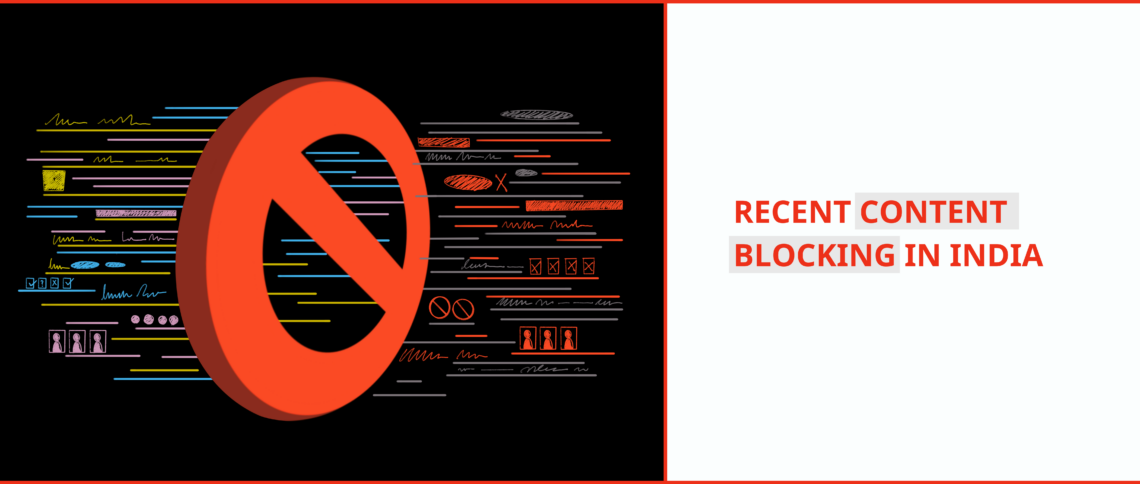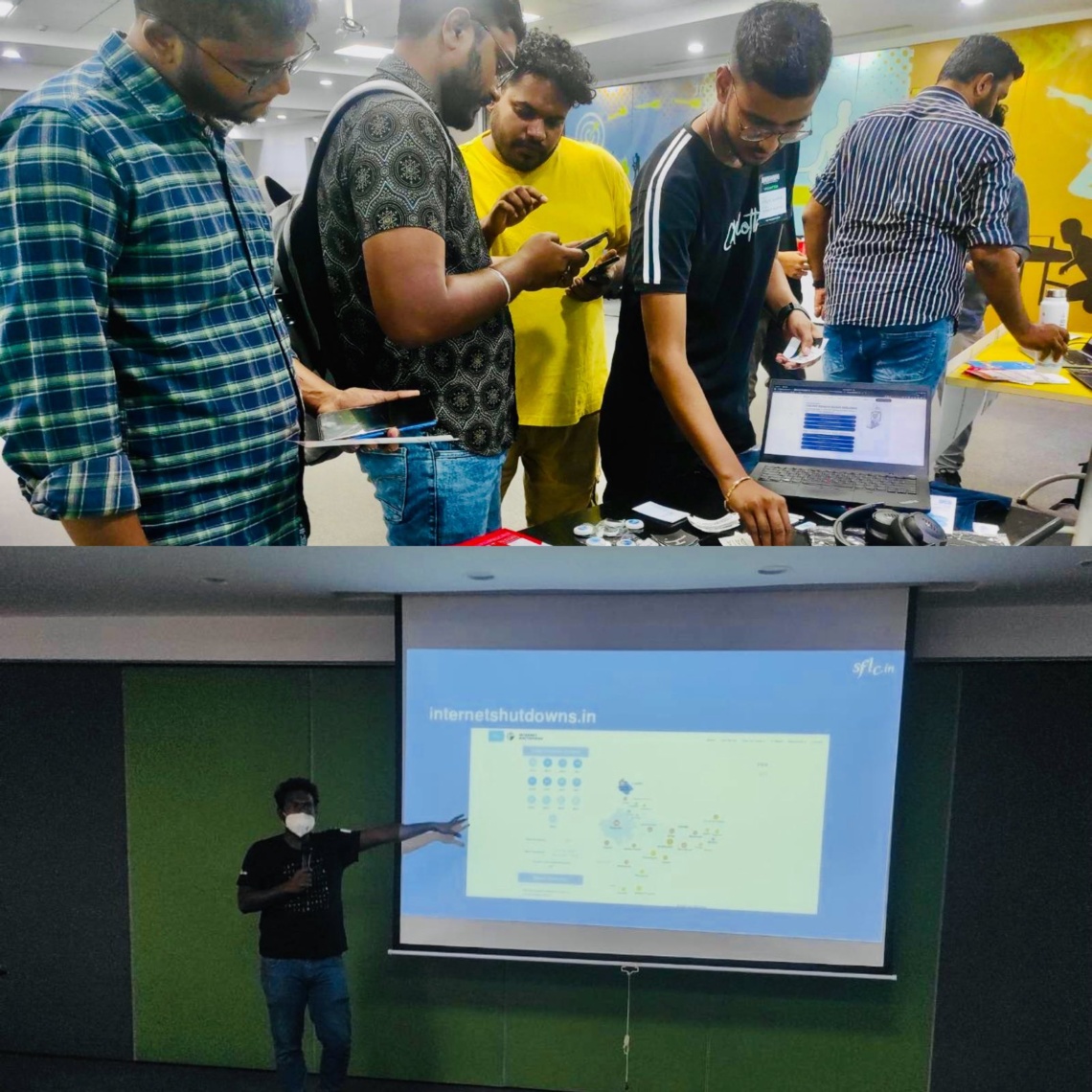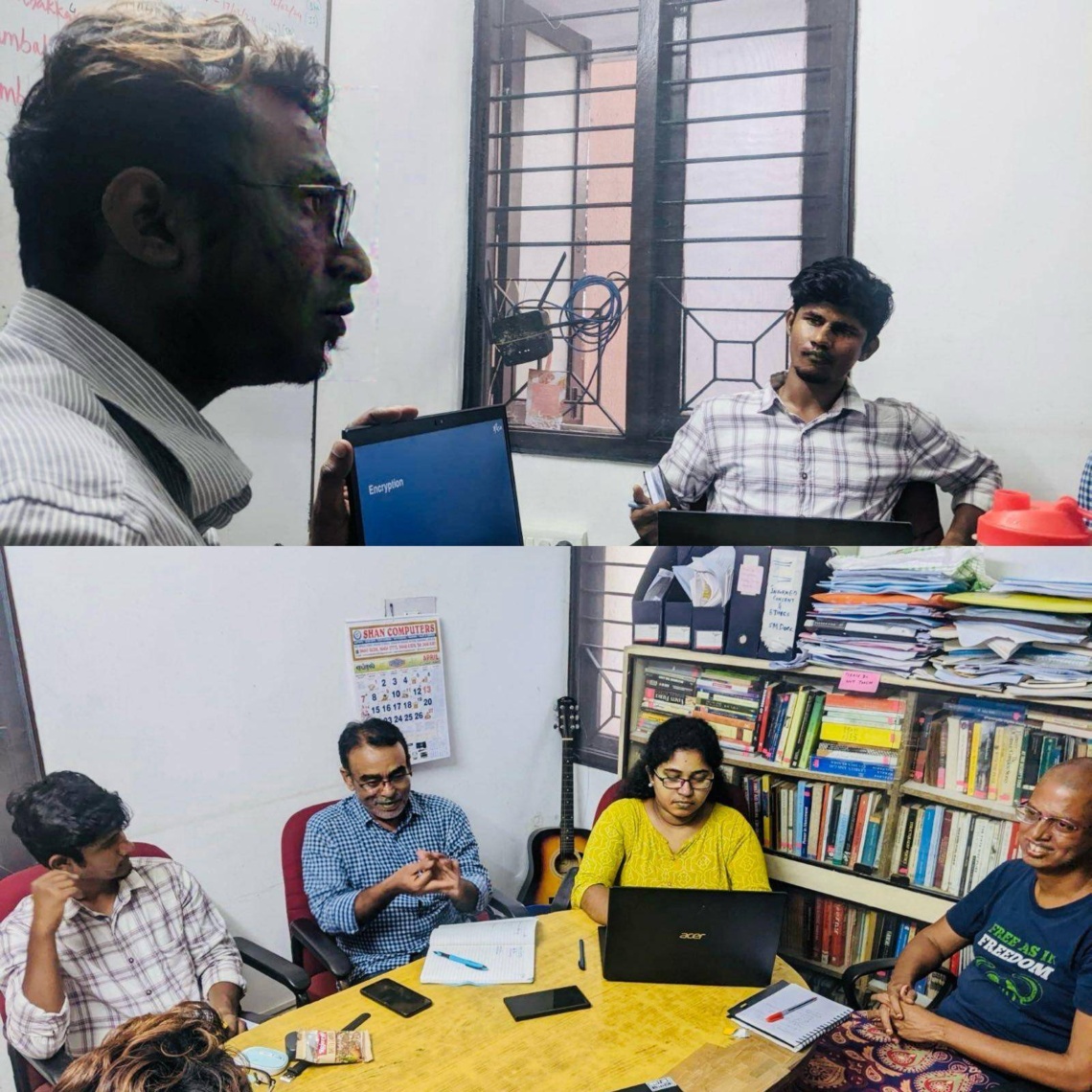On Day 24 of the final Aadhaar hearing, Attorney General, Mr. K.K Venugopal resumed his arguments from the previous day. He reiterated that in the digital era, Aadhaar is the best way to prevent money laundering, curb black money and deliver subsidies and benefits to the targeted beneficiaries. He highlighted that Aadhaar is approved by the United Nations and World Bank and its technology and security will be updated as and when required.
Mr. Venugopal restated that policy decisions taken by the government and approved by experts are not subject to judicial review. He gave the example of Unified Access Service License and said that the three organs of the State should have mutual respect for each other in a democracy. Mr. Venugopal was of the view that judicial review of every administrative action will lead to slowing down of development and that the courts should only restrict their duty to expounding the language of statutes instead of interfering so far as technical expertise is concerned.
At this point, Justice Bhushan interjected and said that the court is not concerned with policy decision but the legality of the Aadhaar Act and the accompanying regulations. Justice Sikri remarked that the State has to prove that Aadhaar meets the test of proportionality. Mr. Venugopal pointed out that there is no question with regard to privacy in the present case and the actual challenge is whether Aadhaar is safe and secure, which, according to him has already been proved.
Further, Mr. Venugopal explained that the generation of virtual ID is an excellent safety measure. Justice Chandrachud asked whether the onus to generate a virtual ID lies on the individual, to which, Mr. Venugopal replied in the affirmative. Justice Chandrachud opined that the virtual ID measure should be applicable to everyone without the individual having to generate it. He was also of the view that apart from legitimate state interest, Aadhaar has to pass the test of proportionality.
Next, Justice Chandrachud, on the point of Section 2(g) of the Aadhaar Act that contains the definition of “biological attributes”, remarked that the definition is open ended and the power to collect biometrics and the method of collection has to meet the test of proportionality. Mr. Venugopal stated that blood, urine and DNA can be added later but it will be subject to examination by the courts. Also, he added that Section 55 of the Aadhaar Act provides that the Parliament will act as an oversight body with respect to the rules and regulations made under the Act. J. Chandrachud remarked that the initial power to make rules/regulations lies with UIDAI which might be a case of excessive delegation, and the Parliament only has the power to disapprove of it.
Next, Mr. Venugopal read out India’s statement at the 20th session of UN commission on science and technology for development on the theme: New innovation approaches to support the implementation of sustainable development goal. The whole statement is available here.
He then read out a note on biometrics, especially fingerprinting technology and commented that the State has a vital interest in collection of biometrics. J. Chandrachud seemed to disagree with him and remarked that pervasive use of fingerprints beyond a specific purpose breaches the doctrine of proportionality. Limited use such as in the case of prisoner identification or for the purpose of traveling abroad is permitted.
Mr. Venugopal stated that curbing black money and providing direct benefits are specific purposes and legitimate state interests. Mr. Venugopal also denied that fingerprints can be used for surveillance and said that no governement has conducted surveillance in the last seventy years.
He then quoted a few American judgments: Whalen v. Roe ( SCOTUS said that the state need not show that state action was necessary to solve a particular problem and there’s no reason for assuming that state security provisions would be improperly administered.), People v. Stuller and Buchanan v. Wing.
Mr. Venugopal concluded his submissions for the day by drawing parallels between the American Social Security Number and Aadhaar and pointed out that SSN collects more information than Aadhaar does. J. Candrachud disagreed with him and stated that SSN does not collect biometrics.
The hearing will resume on Thursday, 5th April, 2017.



